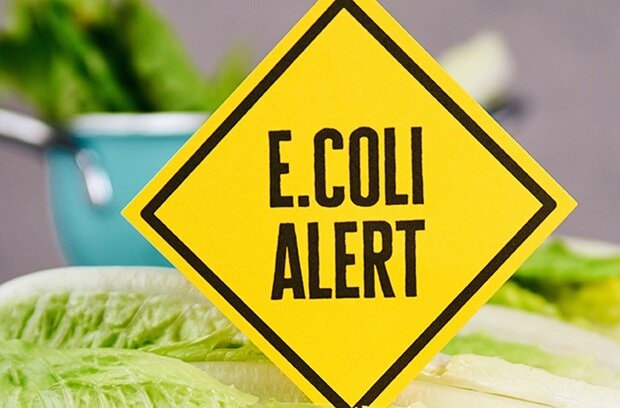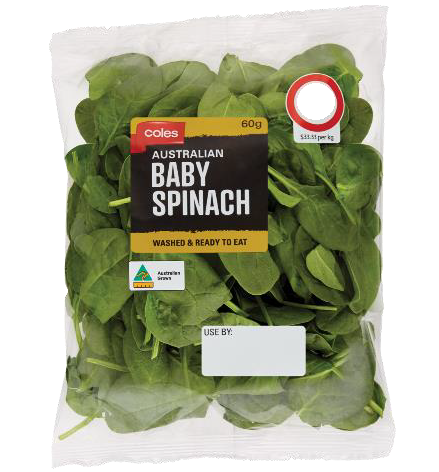The USDA ARS published a study examining a population of 181 strains of STEC over 23 years from a closed-system feedlot. (Weinroth, M.D., Clawson, M.L., Arthur, T.M. et al. Rates of evolutionary change of resident Escherichia coli O157:H7 differ within the same ecological niche. BMC Genomics 23, 275 (2022)). All strains were subjected to short-read sequencing, with a subset of 36 also subjected to long-read sequencing. The goal of the study was to understand how STEC O157:H7 evolve over time and offer context into strain relatedness in foodborne illness outbreak investigations. Over 23 years, four main clades of STEC O157:H7 were present within the feedlot, each recovered over a time span of at least a decade. @ https://bmcgenomics.biomedcentral.com/articles/10.1186/s12864-022-08497-6#Sec11
Background Shiga toxin-producing Escherichia coli (STEC) O157:H7 is a pathogen known to reside in cattle feedlots. This retrospective study examined 181 STEC O157:H7 strains collected over 23 years from a closed-system feedlot. All strains were subjected to short-read sequencing, with a subset of 36 also subjected to long-read sequencing. Results Over 96% of the strains fell into four phylogenetically distinct clades. Clade membership was associated with multiple factors including stx composition and the alleles of a well-characterized polymorphism (tir 255 T > A). Small plasmids (2.7 to 40 kb) were found to be primarily clade specific. Within each clade, chromosomal rearrangements were observed along with a core phageome and clade specific phages. Across both core and mobile elements of the genome, multiple SNP alleles were in complete linkage disequilibrium across all strains within specific clades. Clade evolutionary rates varied between 0.9 and 2.8 SNP/genome/year with two tir A allele clades having the lowest evolutionary rates. Investigation into possible causes of the differing rates was not conclusive but revealed a synonymous based mutation in the DNA polymerase III of the fastest evolving clade. Phylogenetic trees generated through our bioinformatic pipeline versus the NCBI’s pathogen detection project were similar, with the two tir A allele clades matching individual NCBI SNP clusters, and the two tir T allele clades assigned to multiple closely-related SNP clusters. Conclusions In one ecological niche, a diverse STEC O157:H7 population exhibited different rates of evolution that associated with SNP alleles in linkage disequilibrium in the core genome and mobile elements, including tir 255 T > A.
ruth
Prosecutors in France searched a Buitoni frozen pizza factory in Caudry, France, because the factory is suspected to be the source of an E. coli outbreak that caused dozens of children to become sick and the headquarters of its owner Nestle France. An investigation into involuntary manslaughter and deceitful practices was opened on 1 April after authorities found more than 70 infections and the potential death of a one-year-old and an 18-year-old. Nestle France, whose headquarters outside Paris were also raided. The inspection revealed a deterioration of food hygiene controls, rodents’ presence, and insufficient measures to prevent pests from contaminating a food production site. French authorities say the reports the outbreak might have begun to occur in late February. Recalls were also ordered in Belgium and Luxembourg, with the affected pizzas distributed in 20 other countries, including 15 in Africa, according to the EU’s Rapid Alert System for Food and Feed. @ https://www.firstpost.com/world/france-prosecutors-raid-nestle-owned-pizza-factory-after-e-coli-outbreak-leaves-dozens-of-children-sick-10553251.html
The inspections ‘revealed a deterioration of food hygiene controls’, the presence of ‘rodents’ and insufficient measures to prevent pests from contaminating a food production site, authorities said
ruth
According to the ACCC in Australia, Coles Supermarkets Australia (Hawthorn East, Victoria) has recalled Coles Raw Baby Spinach products from the marketplace due to suspected Salmonella contamination. The recalled products are Coles Baby Spinach, sold in 60 gram, 120 gram, and 280 gram cello plastic bags. The recalled products were sold in Coles Supermarkets, Coles Local, and Coles Online in Queensland, Australian Capital Territory, and New South Wales (excluding Coles stores in Lavington, Deniliquin, and Albury). Quality testing by Coles’ supplier has identified the presence of Salmonella in the 120g Baby Spinach product. Coles recalls all three Baby Spinach products sourced from this supplier. @ https://www.productsafety.gov.au/recalls/coles-supermarkets-pty-ltd-%E2%80%94-coles-baby-spinach
ruth
Sky News reported that the UK recall of Kinder chocolate products was extended to include all those manufactured in Arlon, Belgium, regardless of their best-before date. European health officials have said that the salmonella outbreak linked to Kinder chocolate products is probably related to buttermilk used in a Belgian factory. The European Food Safety Authority and the European Centre for Disease Prevention and Control said they had matched the same salmonella strain currently infecting people to samples taken from a factory in Belgium in December 2021. The European authorities concluded that the buttermilk was identified as the contamination point. The products were distributed worldwide after negative salmonella testing. Ferrero acknowledged it is to be blamed for the delays created in disseminating the information. The UK Health Security Agency (UKHSA) said that 67 people in the UK were known to have been infected with salmonella in the outbreak linked to the treats. The majority affected are under five years old, the agency added.@ https://news.sky.com/story/kinder-salmonella-link-outbreak-suspected-to-be-related-to-buttermilk-used-in-belgian-factory-12588717
A UK recall of Kinder chocolate products was extended on Friday to include all of those manufactured at the site in Belgium, regardless of their best-before date.




